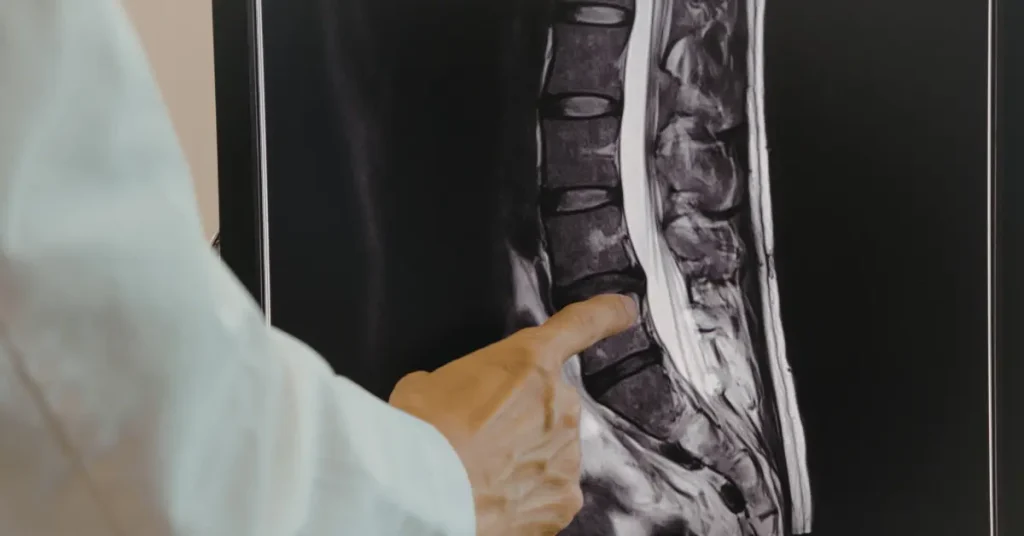Ongoing legal battle over Air Corps chemical exposure
Due to social distancing during the current COVID-19 pandemic, the Irish Army has said that it is not in a position to give a completed affidavit to the legal representative of a former Air Corps mechanic even though a court order was first issued for this almost eight months before the first case of the virus was recorded in Ireland.
The former Air Corps mechanic received a Supreme Court order on July 15, 2019, for the defence forces to hand over the information in question. This followed an initial High Court order to provide the information as far back as 2016, which the army had successfully overturned. However, this decision was subsequently overturned unanimously by the Supreme Court in 2019.
The orders were related to the discovery process of legal action against the Irish State regarding alleged exposure to dangerous chemicals as part of work duties during the 1990s. In the legal action, the plaintiff claims that, during his employment, he was subject to “tubbing.â€
This activity is where other Air Corps personnel cover an individual with chemicals. Several former defence force mechanics are taking legal action in relation to activities like this. The plaintiff, concerning his case, said: “The decision by the army to use Covid-19 as an excuse for not providing information to my legal team is just the latest in a long line of deliberate delays by the State against me. They have been throwing everything at me since I started legal action in 2014.â€
A spokesperson for the Minister of State at the Department of Defence Paul Kehoe said: “Responsibility for personal injuries claims taken against the Minister for Defence is delegated to the State Claims Agency. It would be inappropriate for the Minister to comment on individual cases.
However, an army solicitor contacted the plaintiff’s representatives, saying, “The current ongoing COVID-19 pandemic means our clients are not in a position to advance the preparation of discovery in the usual way, given government directions. Clearly, the current COVID-19 situation gives rise to a number of unique considerations.
We cannot provide physical documents to counsel in the context of preparation of (an) affidavit of discovery. It is not presently possible for an affidavit to be sworn. It went on to say, “Significant work has been undertaken in collating documents for review for discovery, and we are endeavouring to advance that, in so far as possible, remotely.
However, preparing an affidavit of discovery in the usual way is not possible at present. In light of this, and with regard to the COVID-19 pandemic and the need to minimise people’s exposure to unnecessary risk, we would be grateful for a stay of the order for discovery until the current public health crisis has ended. In the current unique circumstances, further time is required to provide discovery.
When the case was heard at the Supreme Court in 2019, a five-panel hearing unanimously ruled in favour of the plaintiff, stating that the State was obligated to share documents detailing the chemicals that the plaintiff may have been exposed to while employed at the airfield between 1990 and 1999.
It was claimed by those who brought the Supreme Court action that they suffered due to a disregard for the safety of young Air Corps members. They said that, among other things, there had been no meaningful chemical risk assessments, no risk-specific health surveillance, no personal protective equipment (PPE) issued, no chemical health and safety training, no reporting of health and safety incidents and no follow-up of unusual illnesses by medical personnel.
In addition to this, it was alleged that dangerous air quality reports were not addressed, individuals were covered in toxic chemicals as part of ‘hazing’ incidents and highly toxic chemicals were disposed of onsite in an unsafe manner. The chemicals known to be in use at Baldonnel Airfield included the highly toxic Ardrox 666 and Ardrox 670. Other chemicals used at Baldonnel include hexavalent chromium, dichloromethane, trichloroethylene, and dichloromethane. All these chemicals have been proven to cause severe damage to humans after long-term exposure.
A toxico-pathologist quoted in documents submitted to the High Court previously claims that former Air Corps staff members’ exposure not only caused previously-existing medical conditions but also put them in danger of “the possible onset of Alzheimer’s disease and a variety of cancersâ€. Personal injury claims have been filed by former workers claiming that they now experience several neurological issues – as a result of their employment with the Air Corps – including depression, anxiety, sleep disturbance, and memory loss.
If you have been involved in an accident or suffered an injury at another person’s hands, we advise all persons to contact our personal injury claim solicitors at the earliest available opportunity. To speak with one of our experienced personal injury team, call (Free Phone) 1800 844 104 or complete our online enquiry form.





